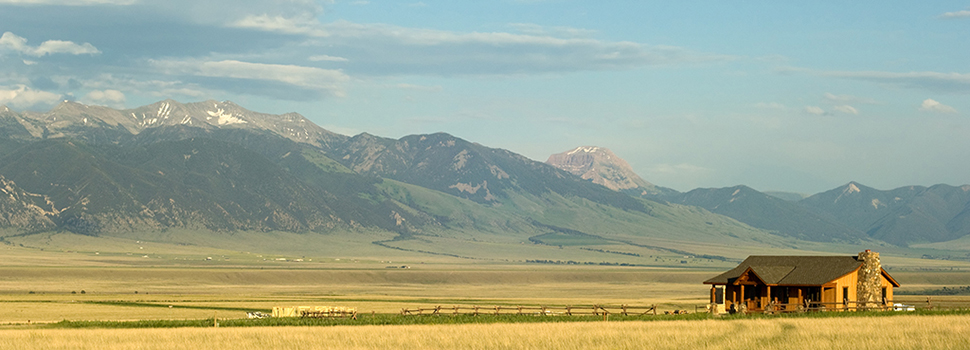Karen Quach | February 22, 2018
Best Practices for Working Remotely in a Rural Town
As a remote employee who lives in a rural town or is interested in relocating to a rural area, you’re aware of the upsides associated with working from the comfort of your home, especially if your home is located in wide open country.
You also know that working remotely in a rural area can be a challenge. Whether it’s the isolation, the struggle to even find employment, or the rurality constantly challenging your connection to the internet, there are technologies and practices that can make your professional life easier.
Use Resources that Encourage Collaboration
If you work with a team, you probably need to collaborate to complete your projects. When face-to-face collaboration can’t happen–i.e. You work from Buford, Wyoming, population: 1–it’s essential that you and your coworkers utilize collaborative technologies.
- Google Docs provides an online space for simultaneous crafting and editing and has offline options if your connection is spotty
- Slack facilitates organized communication and collaboration through dedicated channels, and can sync with other tools for file sharing
- Trello or Jira enable smooth project management with intuitive features for team work
Find the Right Technologies For Your Work Situation
Your biggest struggle as a professional working remotely in a rural town is probably affordable, accessible internet. If you need high bandwidth and high speeds, working remotely in a rural area could be an ongoing challenge.
Options for Professionals Who Need Minimal Internet Accessibility:
- Use a data plan through your wireless phone provider for a hotspot connection
- Research satellite internet, which is available more often in rural areas, though usually at slower speeds and with greater latency
Options for Professionals Who Need Maximum Internet Accessibility:
- Where available, DSL offers more bandwidth, though it can be more expensive
Stay as Connected to Your Communities as Possible
Working remotely–especially in a remote area–can be isolating. While you might prefer the peace and quiet, your career might not. Stay connected to your professional community with the following practices:
- Keep your LinkedIn profile current and accurate
- Follow and interact with other professionals in your field on social media
- Stay current on industry news and best practices by subscribing to online newsletters and blogs
Connecting with your local community may prove to be helpful to your professional (and emotional) wellbeing, too. Reaching out to others in your area can result in networking opportunities and assist you in gaining support from those who also work remotely. Connect with your physical community with the following practices:
- Attend local community meetings to find like-minded community members or professionals in your field
- Make an effort to support local business to strengthen professional relationships and your community
- Look for help within your community if the need for an assistant or outside job arises
As a remote professional in a rural area, you help small towns stay relevant and defy the traditional notion that work can only happen in an office building. Keep up that hard work by finding ways to stay connected through collaborative tools, technology, and practices. Have other best practices that work for you? Share with us in the comments.






